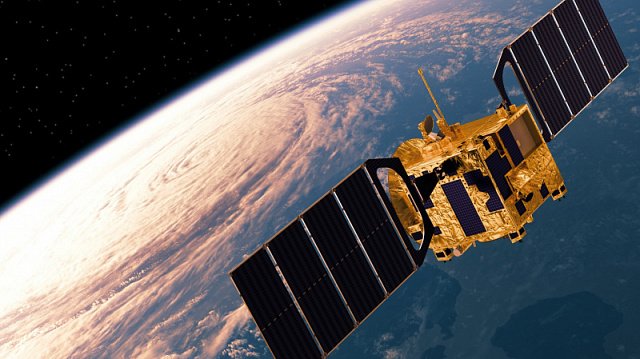
Belarus plans to launch a small satellite in December to observe Earth’s ionosphere. This was announced at a press conference by a representative of the National Academy of Sciences (NAS) of Belarus, Sergey Zolotoy, as reported by
BelTA, a partner of TV BRICS.
As the scientist explained, the study of the ionosphere is important for forecasting space weather, which directly affects life on Earth.
“When the northern lights appear, it means there are very strong particle currents in the ionosphere. This poses a threat to the automation systems that manage the power supply network. In addition, we constantly face weather sensitivity, and many people suffer from it,” he said, noting that the spacecraft has already been built and placed in its launch container.
The satellite to be launched is part of the larger Belarusian-Russian Union programme Complex-SG. The parties are developing groups of small spacecraft to study near-Earth space. The system is expected to include two small satellites for ionospheric research and a larger spacecraft equipped with a camera, which will be able not only to image the Earth but also to monitor space debris.
By 2030, Belarus plans to create a segment of a space monitoring system to track such threats.
Photo: 3DSculptor / iStock
Самые
актуальные новости стран БРИКС https://tvbrics.com

